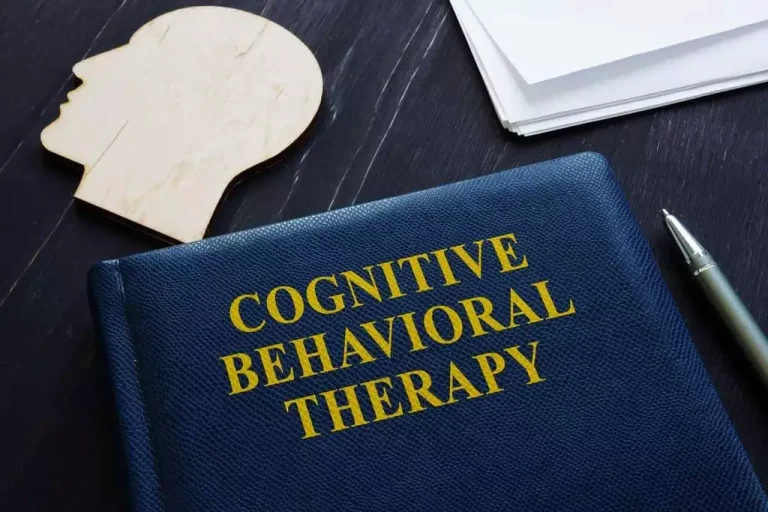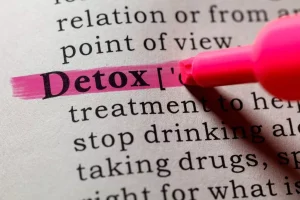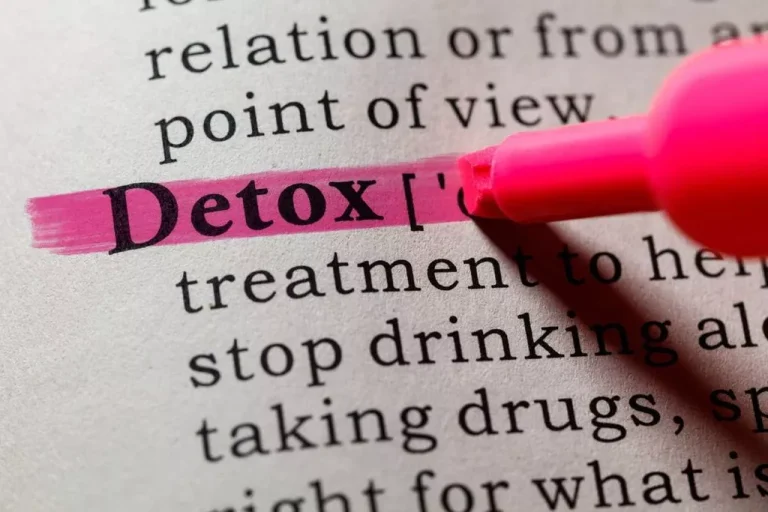If a person suspects someone has alcohol poisoning they should call an ambulance. They should follow the below advice until medical assistance arrives. This article focuses on the medical aspects of alcohol poisoning, rather than other environmental dangers of alcohol abuse such as getting into fights, losing possessions, or having problems with the law.
High-Intensity Drinking
- Personal and environmental factors can affect how quickly BAC rises.
- Four Australians remain critically ill in hospital with suspected alcohol poisoning, after drinking at the high end Warwick Resort.
- If you’re with someone who might have drunk too much, call 911 right away.
- High-intensity drinking is considered another risk factor for alcohol poisoning and is characterized as consuming two or more times the binge-drinking amount for both women and men.
You may also be given help with your breathing until the effects of the alcohol wear off. They may also alcohol poisoning experience seizures or have blue-tinged or pale skin. This stage of intoxication is marked by emotional outbursts and a major loss of coordination. The person may not be able to stand up, may stagger when walking, and will likely be extremely confused about what’s going on. Note that a BAC of 0.08 percent is the legal limit of intoxication in the United States. A person can be arrested for driving with a BAC above this limit.
Alcohol intoxication
Most states have Good Samaritan laws, which allow people to call 911 without fear of arrest if they’re having a drug or alcohol overdose or see someone else who is overdosing. The deaths are believed to be caused by methanol poisoning, a toxic substance often added to counterfeit alcohol to increase potency. Methanol consumption can lead to severe health issues, including blindness, liver damage, and death. Seek immediate medical care (call 911) for any of the symptoms of alcohol poisoning listed above. A person does not need to exhibit all of these symptoms to be in danger of dying or sustaining permanent brain damage.
- Alcohol poisoning happens when there’s too much alcohol in your blood, causing parts of your brain to shut down.
- Emergency medical staff will take steps to ensure a person’s medical stability and safety to help them recover and survive.
- It’s also important to remember that BAC can continue to increase as long as 40 minutes after your last drink.
- You might consider sticking with one drink or abstaining from alcohol altogether.
Istanbul toll from tainted alcohol rises to 19 dead in 48 hours
- This is when a male rapidly consumes five or more alcoholic drinks within two hours or a female consumes at least four drinks within two hours.
- Alcohol poisoning happens if the concentration of alcohol reaches a dangerous level that stops the body from working properly.
- Having a high tolerance for alcohol or drinking quickly (for example, by playing drinking games) can put you at increased risk for an alcohol overdose.
- Our treatment programs are tailored to your unique needs and adjusted throughout the length of treatment.
Both men and women can be affected, however women tend to have higher blood alcohol levels after drinking the same amount of alcohol as men, so may be at greater risk of alcohol poisoning. Consuming alcoholic beverages leads to increases in your blood alcohol concentration (BAC). As your BAC increases, so does your risk for alcohol poisoning. Binge drinking behavior is especially prevalent among adolescents and young adults, though these groups are at reduced risk of death from alcohol poisoning. Alcohol in the form of ethanol, also called ethyl alcohol, is in alcoholic beverages.
In some social drinking situations, getting drunk is considered normal. You can tell that people are at risk for alcohol poisoning if they appear drunk and continue to drink. If you are with someone who has consumed too much alcohol and is at risk for alcohol poisoning, call 911 immediately. Alcohol poisoning is the presence of so much alcohol in the blood that it alters the function of the brain and other organs. Signs and symptoms include confusion, slow breathing, a loss of consciousness, and vomiting. Alcohol poisoning is a medical emergency that requires immediate medical attention.
Alcohol poisoning is an emergency
Alcohol poisoning can arise following the consumption of an array of alcohols and alcohol-containing products. In the latter case, even very small quantities of certain products may be enough to severely harm or kill a child—for example, as little as 15–30 ml (about 0.5–1 fl oz) of pure methanol can be fatal to a child. Teenagers and young adults who drink may be at particular risk for alcohol overdose. Research shows that teens and college-age young adults often engage in binge drinking and high-intensity drinking. Drinking such large quantities of alcohol https://ecosoberhouse.com/ can overwhelm the body’s ability to break down and clear alcohol from the bloodstream. This leads to rapid increases in BAC and significantly impairs brain and other bodily functions.
How drinking alcohol can affect your health
It’s safe to place someone in the recovery position who is not responding to you but is breathing normally. Arming yourself with strategies and tips can help you or a loved one take small steps towards big results. To learn more about the rehab Sobriety admissions process, how to use insurance coverage for addiction treatment, or find out about the various ways to pay for rehab, call . Compassionate admissions navigators are available to help 24/7. If you survive an overdose without these complications, your long-term outlook will be very good. The person can become extremely confused, unresponsive, disoriented, have shallow breathing, and can even pass out or go into a coma.






